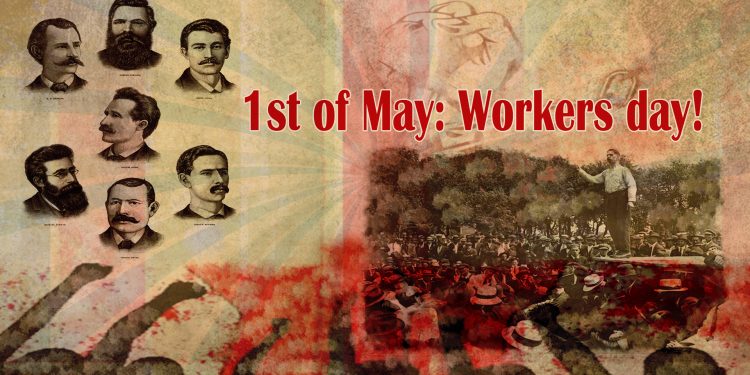CENTRAL NEWS – After 360,000 workers demonstrated for the 8-hour day in Chicago, USA, on May 1, 1886, street fights broke out in Chicago. A bomb is thrown. These clashes go down in history as the “Haymarket Riot”. As a result, eight labor leaders are sentenced to death without evidence as instigators, leading to public uproar.
Although no one even recognized the bomber, eight men who helped organize the strike were charged and found guilty. There was no evidence linking the defendants to the bombing. Rather, Judge Joseph Gary argued that the bomber acted on the men’s ideas, making them as guilty as if they had done the bombing themselves.
Anarchists August Spies, Albert Parsons, George Engel and Adolph Fischer were publicly hanged. Over 250,000 people attended the public execution. Louis Lingg committed suicide in his cell. Oscar Neebe was sentenced to 15 years in prison. The death sentences against Michael Schwab and Samuel Fielden were commuted to life imprisonment by Gov. Richard James Oglesby under parole.
American trade unionists are also represented at the international workers’ congress in Paris in 1889, with delegations from almost all European industrial countries proclaiming May Day a workers’ holiday in memory of the victims of Chicago. Here, too, the central demands are the eight-hour day, as well as higher wages and better working conditions. During the congress, the first of May is proclaimed a workers’ holiday.









